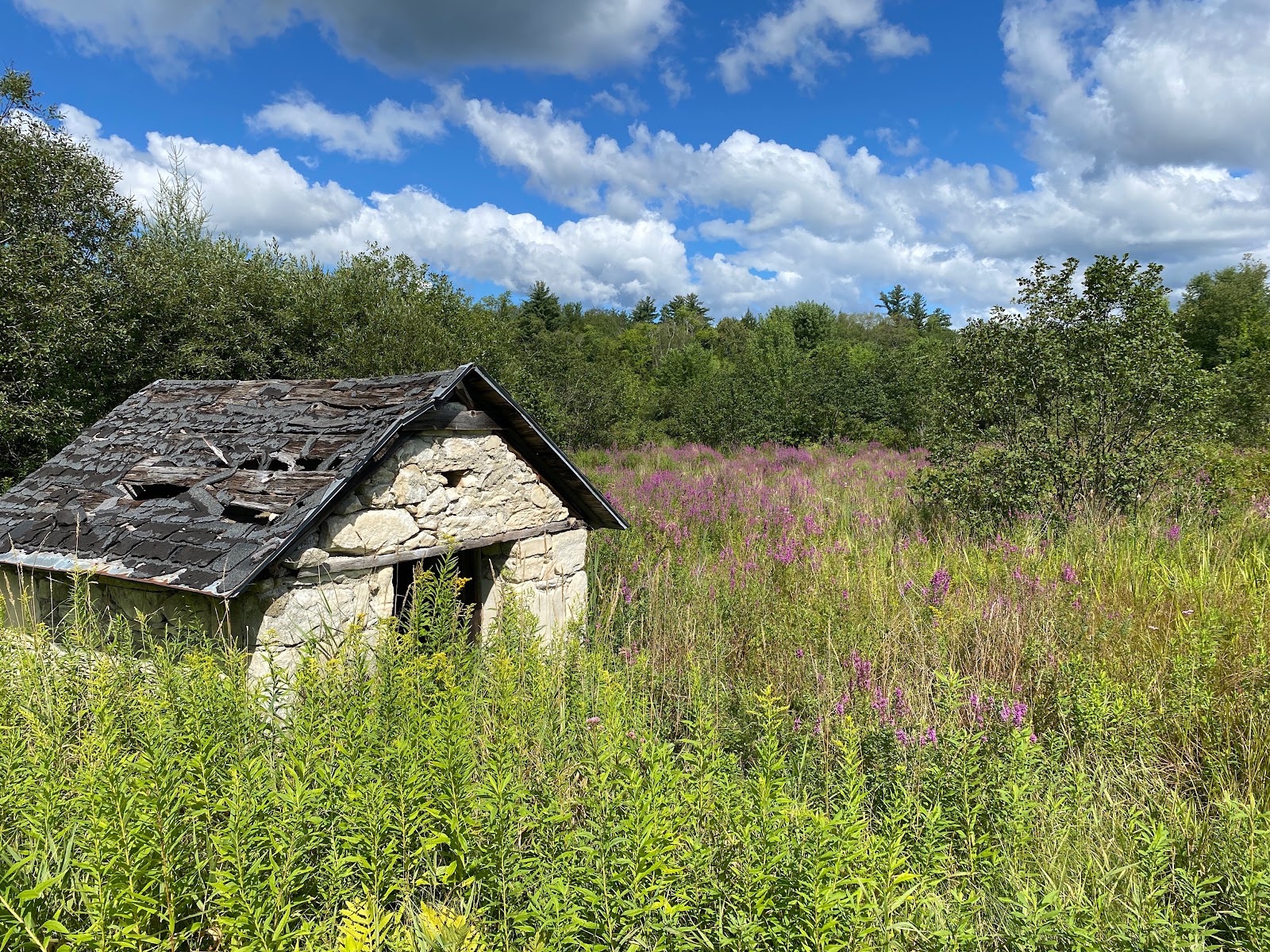Time is relative. Isn’t everything? It’s all a matter of perspective and perception. In reality (whatever "reality" is) time goes faster or slower depending on velocity and gravity. Hello, Einstein, or is it Newton? Not that I understand the theory of relativity or Newton’s concept of absolute time, but I do think we experience time as going by slowly when we are enduring, and faster when we are enjoying. Don't we all believe our time on this earth is brief (if not also nasty and brutish, as philosopher Thomas Hobbes suggests)? I like the definition of time attributed to Mark Twain (or was it John Lennon?). "Time is what keeps everything from happening at once.” Even better is this one from Walden; or, Life in the Woods (1854).
“Time is a but a stream I go a-fishing in.”
Hello, Henry David Thoreau, American transcendentalist writer. whose thoughts are far easier to grasp than are Newton’s (or John Lennon’s). Seems he is saying that time "just is," and we can leisurely cast into and out its eternal waters, pulling out what we will, without an awareness of time itself. He also said we live lives of "quiet desperation," living by the world's urgencies, distractions and pre-occupations. Even back then, it seemed to him that everyone was in a hurry, stressed, anxious, and often neglectful of the more important demands and pleasures of our minds, hearts and souls, of each other, and of the gifts of nature.
What would he think if he saw how things have accelerated since in all directions, with dependence/interdependence on ever-changing technology, misinformation, and conspiracy theories, which make his observations about time and our desperation is even more relevant, except now, there is no "quiet" desperation. It's loud and clear. The pace of life has escalated exponentially: our imagined urgencies; dependence on and addiction to “devices"; wasting, or killing “time” on social media, email, video games, in front of the TV; clicking on apps for everything imaginable—don’t get me started!
Yep! We have definitely been cast out of The Garden, having taken a huge bite of an Apple of another kind.
Thoreau saw where we were headed at the speed of light. And yet, how could he (or we) have imagined that we would be headed back to the future, going chronologically forward in time, but stuck in unaddressed grievances and issues: from the Civil War (maybe even the Crusades), ongoing racial, gender and human rights issues, wars, misinformation and conspiracy theories, the uncertain fate of immigrants and refugees, to name a few? Don’t get me started!
One thing is certain: while we live in the present, our thoughts are more focused on the past or future, often fraught with regrets, anxiety, worries or fears. Remaining in the moment is difficult, which becomes painfully obvious when we attempt to meditate or clear our minds of brain chatter, or even just take a moment to breathe. Being in the present seems more possible when we are in love (with a person or a project). Then no one or nothing exists but our beloved. Being with children can also keep us in the moment, partly because we have to attend to their ever-present needs and activities. Children compel us (if we are attentive and follow their lead) to live and love each moment, mostly in play and imagination where time stands still. To quote another voice: “For the Present is the point at which time touches eternity.” (C. S. Lewis)
Of course, we often live by the calendar and clock for our day, week, month and year: off getting children off to school; getting ourselves off to work or the day’s obligations and responsibilities; catching a flight; preparing a report; paying the bills; looking ahead to a birthday, a holiday, a social event; checking texts; making phone calls; keeping appointments; FaceTiming and Zooming! There is no end in sight, unless we remember to stop and forget time.
When I feel quietly (or not so quietly) desperate, or my mind drifts to the absurdity that, here we are—on our little blue planet spinning madly through the dark, cold expanses of infinite space, then I must stop and put up my imaginary “GONE FISHN” sign, and take time to look up at the stars, the silver moon, or a tree in the meadow, feel the warmth of the sun, or the cool of a breeze, hear the sound of the sea, or the crickets' song.
 |
| www.robertlouiswilliams.com |


